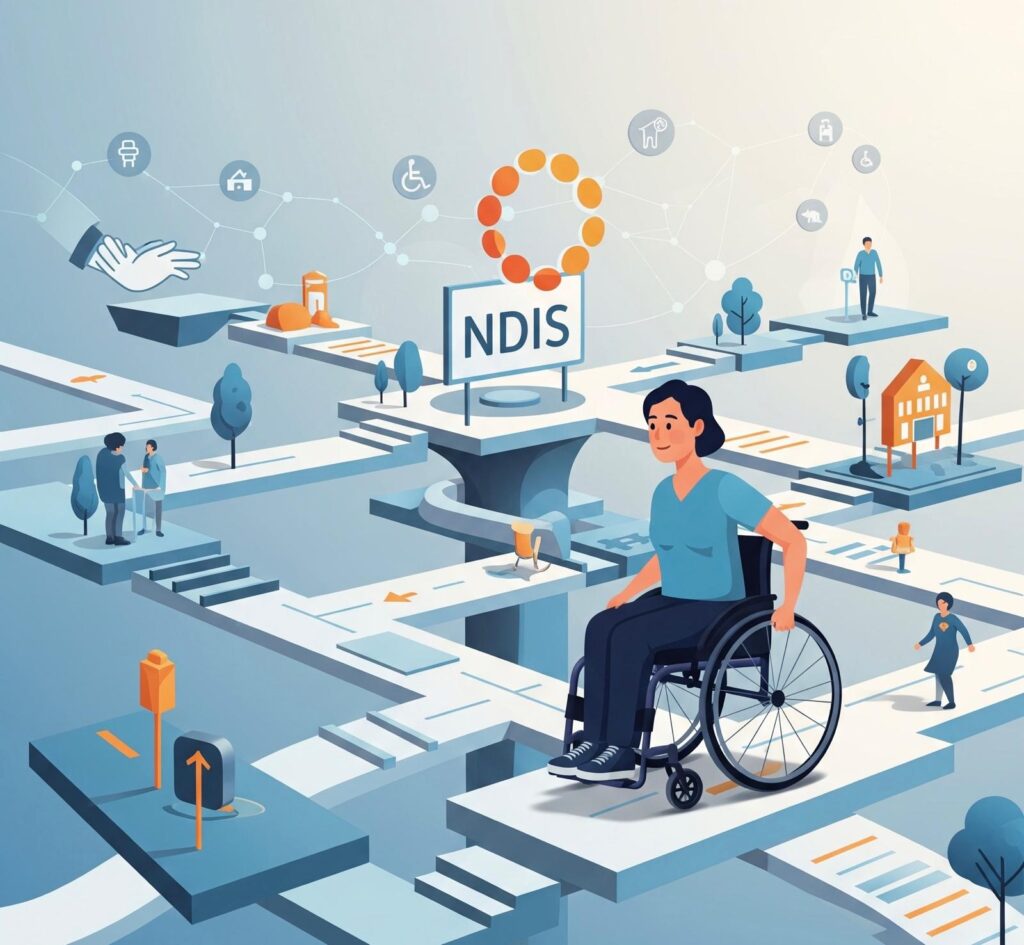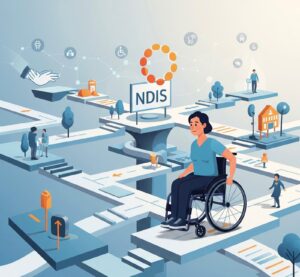Schizophrenia, often misunderstood and misrepresented, is a chronic and severe mental health disorder that affects how a person thinks, feels, and behaves. This article aims to demystify schizophrenia, providing a clear understanding of its symptoms, causes, and treatment options, and addressing common misconceptions.
What is Schizophrenia?
Definition: Schizophrenia is a mental disorder characterized by distortions in thinking, perception, emotions, language, sense of self, and behavior. It is not a split personality or multiple personality disorder, as often mistakenly portrayed.
Symptoms: The symptoms of schizophrenia are categorized into three main types:
- Positive Symptoms: These include hallucinations (seeing or hearing things that aren’t there), delusions (false beliefs), thought disorders, and movement disorders.
- Negative Symptoms: These refer to disruptions to normal emotions and behaviors, such as reduced expression of emotions, reduced feelings of pleasure in everyday life, difficulty beginning and sustaining activities, and reduced speaking.
- Cognitive Symptoms: These involve problems with attention, certain types of memory, and executive functions, which are necessary for planning and organizing.
Causes and Risk Factors
Genetics: While the exact cause of schizophrenia is unknown, genetics plays a significant role. Having a family history of schizophrenia increases the risk.
Brain Chemistry and Structure: Imbalances in the brain’s neurotransmitters, dopamine and glutamate, may contribute to schizophrenia. Brain structure abnormalities have also been observed in people with the disorder.
Environmental Factors: Factors like prenatal exposure to viruses, malnutrition before birth, problems during birth, and psychosocial factors may contribute to the development of schizophrenia.
Treatment and Management
Medication: Antipsychotic medications are the cornerstone of schizophrenia treatment. They can reduce the severity of symptoms and reduce the chances of relapsing.
Psychosocial Treatments: These are essential when medications have reduced the most severe symptoms. Therapies like cognitive-behavioral therapy (CBT) can help patients deal with the everyday challenges of the disorder, such as communication, work, forming and keeping relationships, and self-care.
Rehabilitation: It focuses on social skills and job training to help people with schizophrenia function more effectively and independently.
Family Education and Support: Educating family members about schizophrenia and providing strategies to support their loved one can improve outcomes.
Addressing Misconceptions
Violence and Danger: People with schizophrenia are often unfairly and inaccurately portrayed as violent. Most people with schizophrenia are not violent, and when violence does occur, it is typically a result of co-occurring substance abuse.
Prognosis: Schizophrenia is often thought to be an entirely disabling condition. However, with treatment, many people lead fulfilling, productive lives. The key is early and continuous treatment.
Conclusion
Understanding schizophrenia is crucial for reducing stigma and improving the lives of those affected by it. This complex disorder demands a comprehensive treatment approach, combining medication, therapy, and support. With the right support and treatment, individuals with schizophrenia can lead meaningful and satisfying lives.
Take a quick self assessment
How to get in touch
If you or your patient/NDIS clients need immediate mental healthcare assistance, feel free to get in contact with us on 1800 NEAR ME – admin@therapynearme.com.au.







